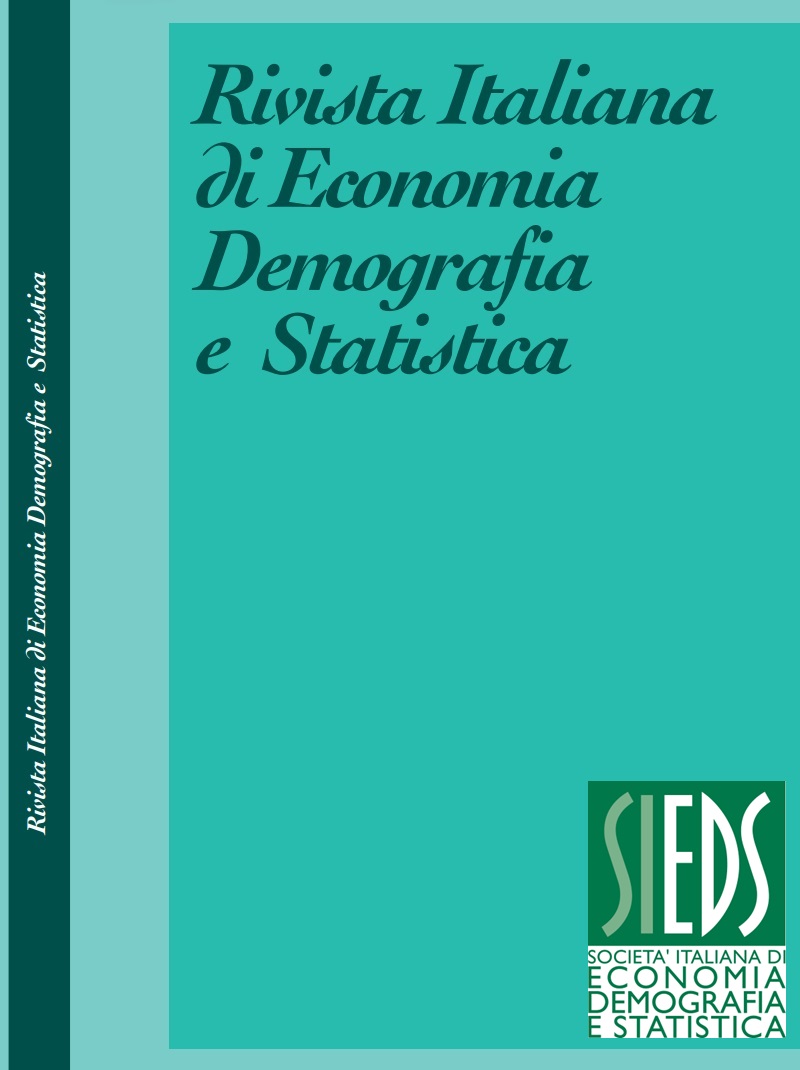Development, territory, sustainability: some reflections on the role of urbanization and demographic dynamics
DOI:
https://doi.org/10.71014/sieds.v78i1.217Abstract
Urban concentration played an important role in economic growth over the whole 20th century, being more recently less and less associated with the rate of population growth, suggesting the growing importance of other forces acting on a local scale. Large metropolitan regions, however, seem to escape from this general model, adhering to even more individual growth paths. Regional peculiarities also impact this framework, suggesting how cities growth is mostly unpredictable and largely volatile. Building models of urban growth means to take seriously into account the active constraints – basically land availability and spatial planning. These factors have the indirect objective of envisaging more sustainable urban models, allowing cities to approach sustainability objectives, and reducing environmental, economic, and social risks for the resident population. Moving from a sort of a structural crisis – characteristic of Southern Europe since decades – the present work reflects on a vast portfolio of theoretical approaches and empirical examples contributing to shift toward a resilience discourse in urban affairs. Focusing on both morphological and functional issues, these approaches may provide the appropriate vision to interpret metropolitan complexity in an upcoming urban world. Within this context, resilience of metropolitan regions can be understood as the ability to adapt to economic, technological, and political changes, affecting evolutionary dynamics and trajectories pursued by regional economies.
Downloads
Published
Issue
Section
License
Copyright (c) 2024 Federico Benassi, Luca Salvati

This work is licensed under a Creative Commons Attribution 4.0 International License.



